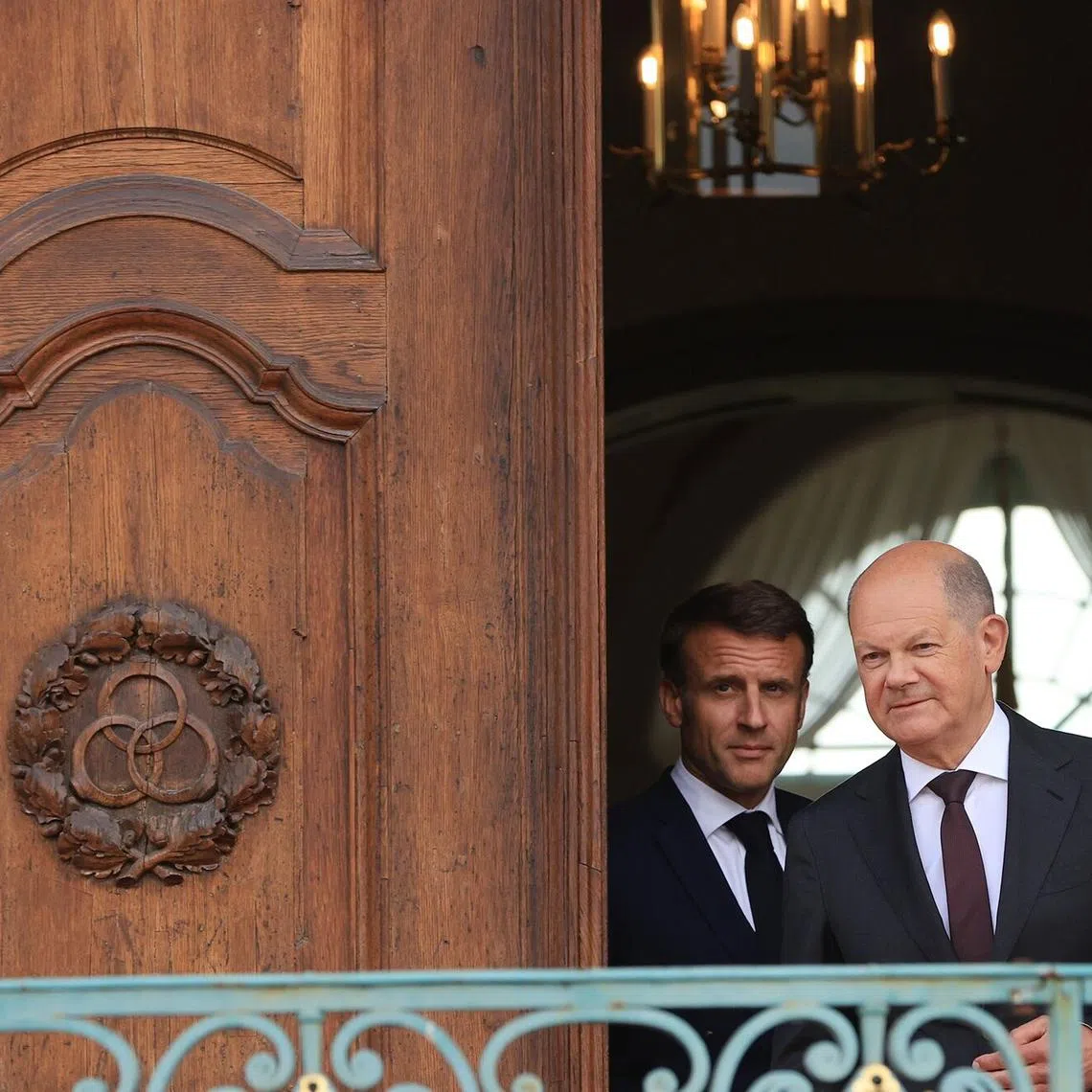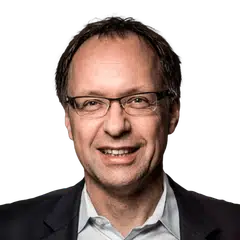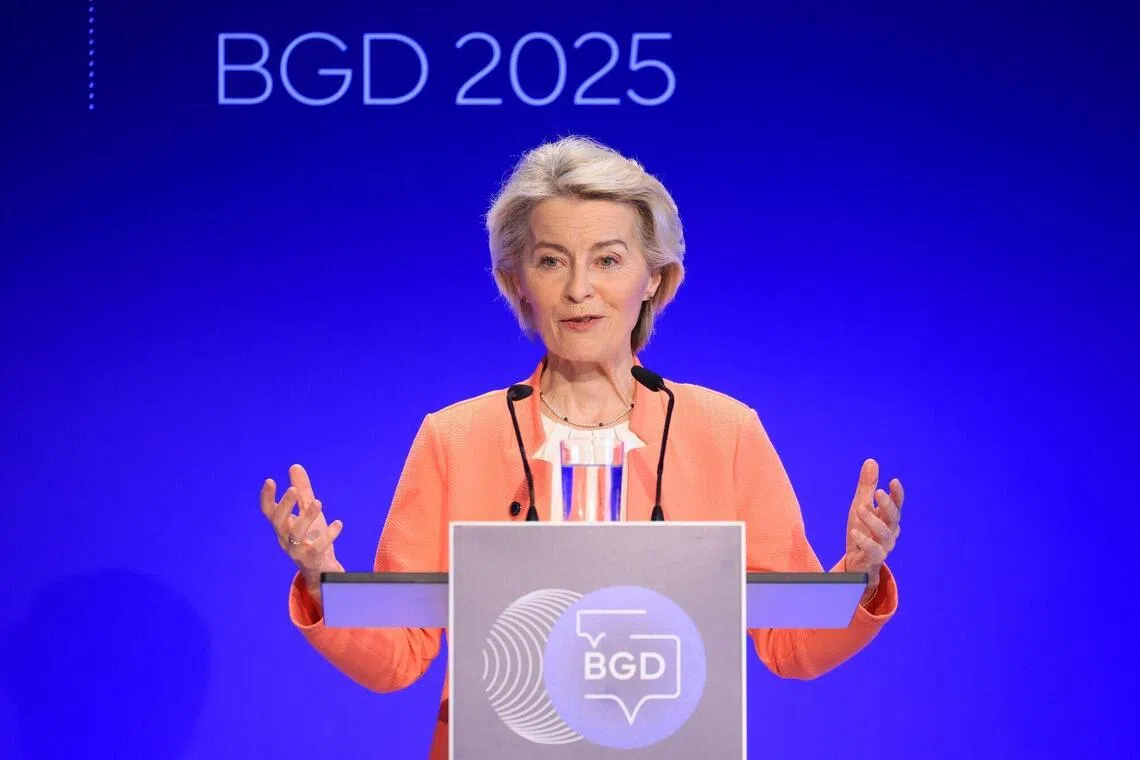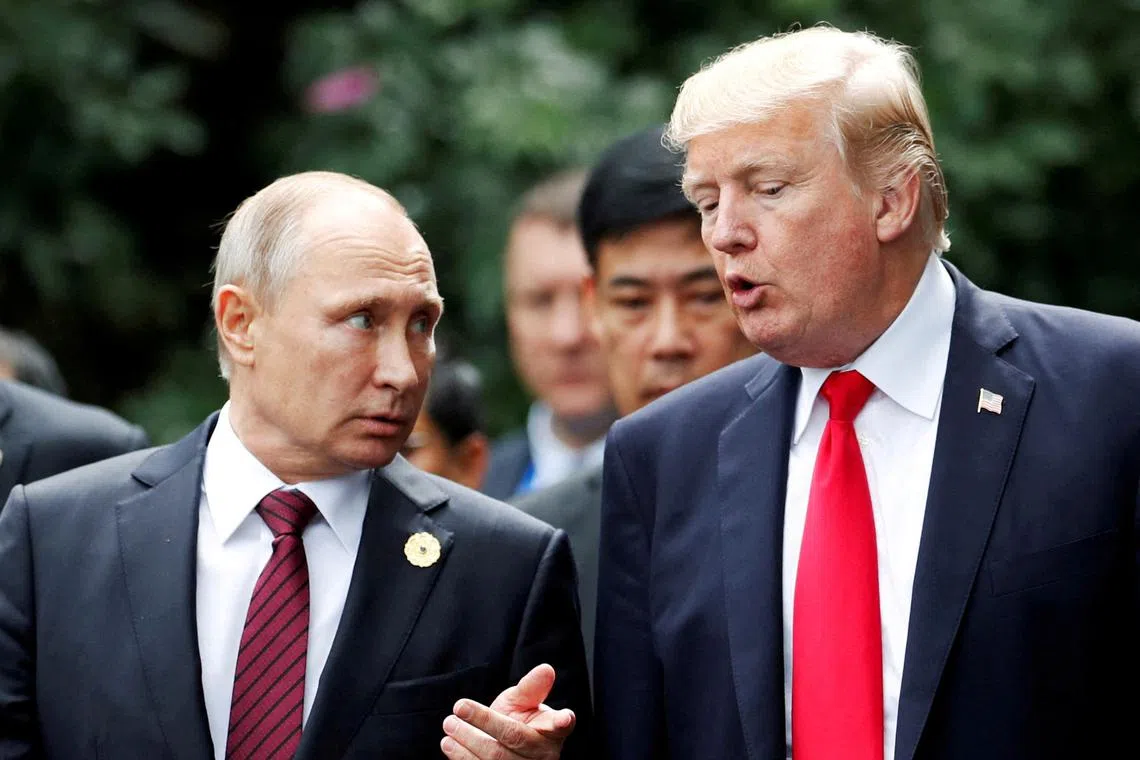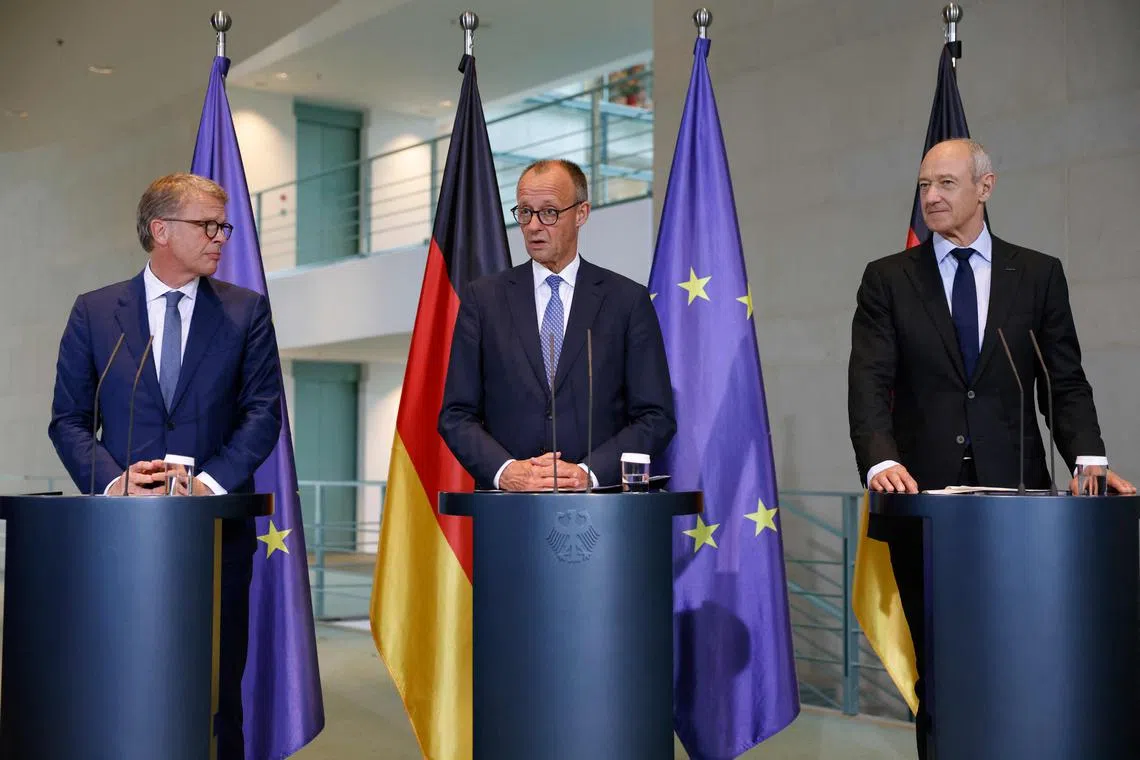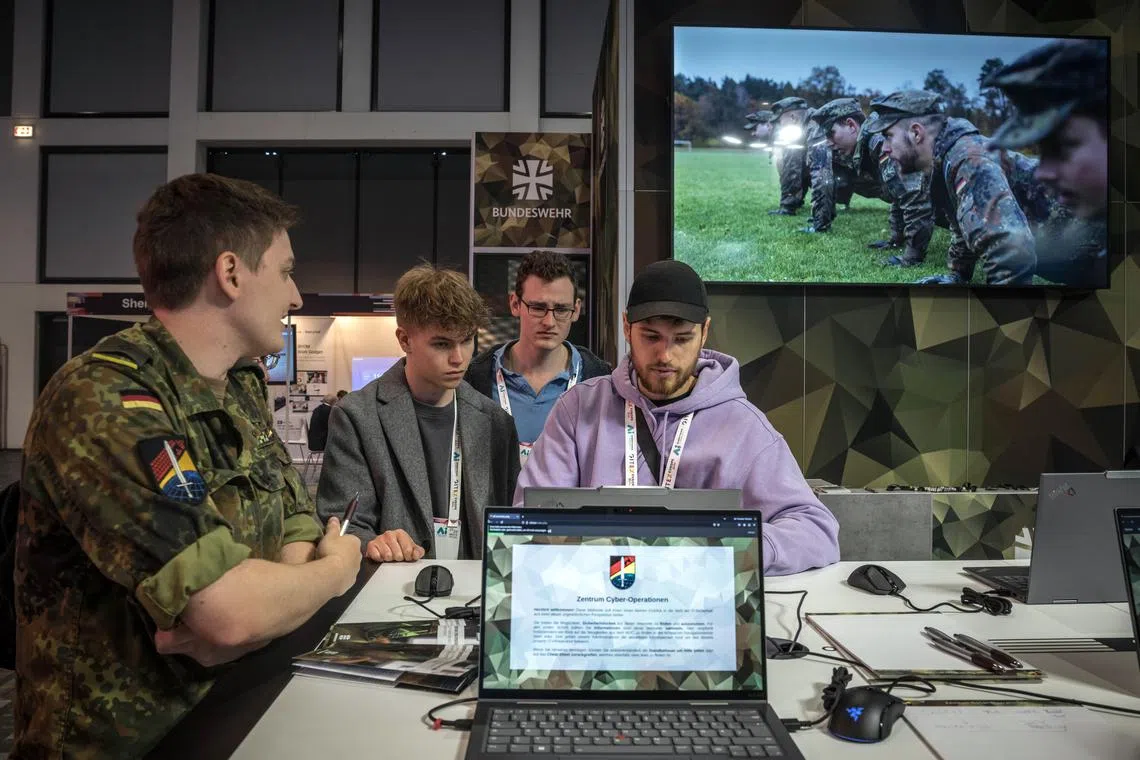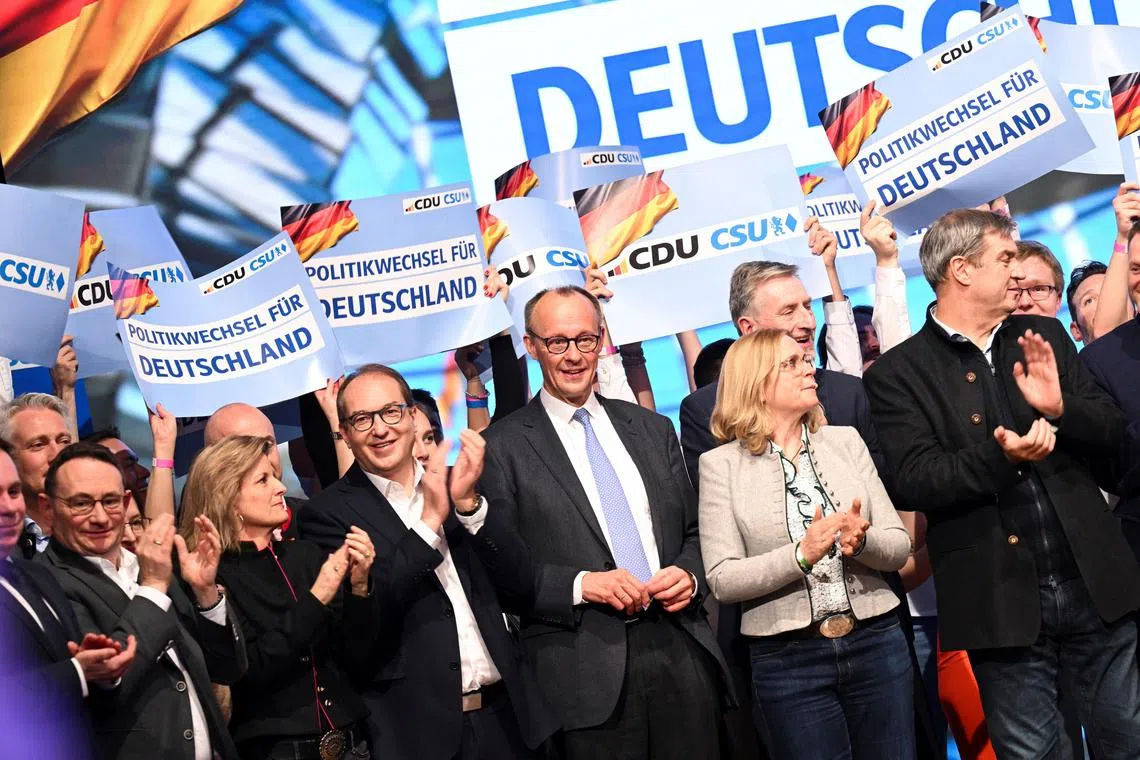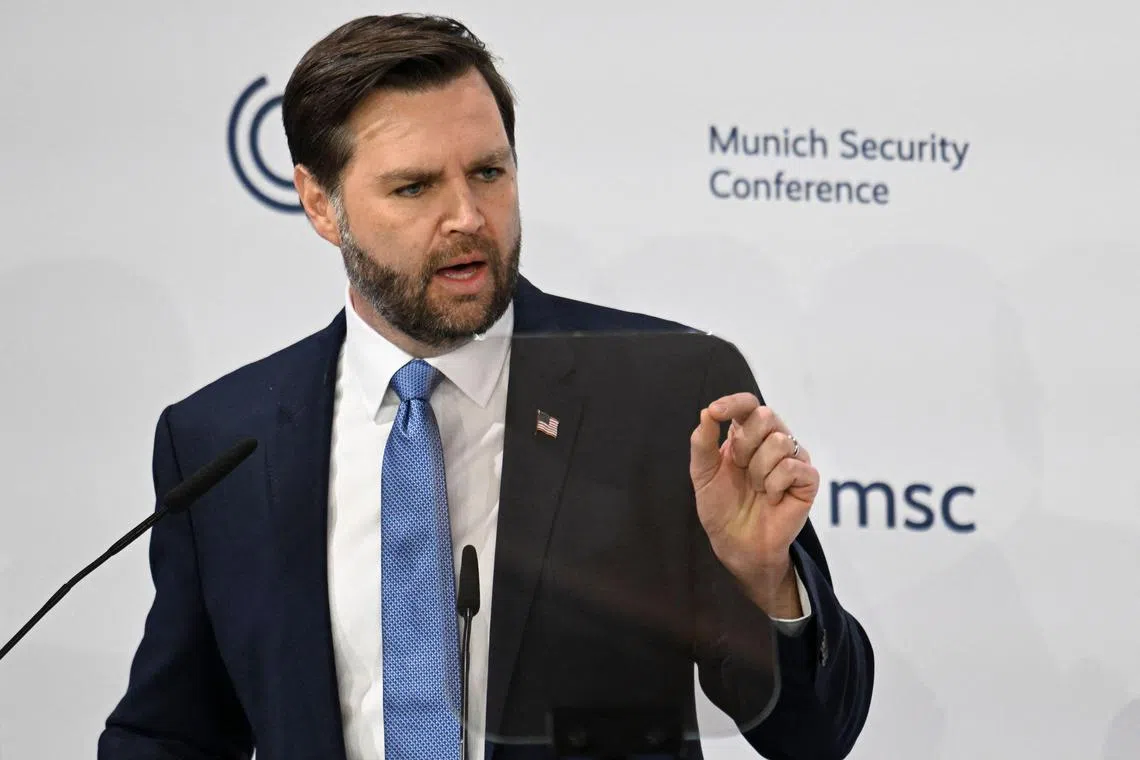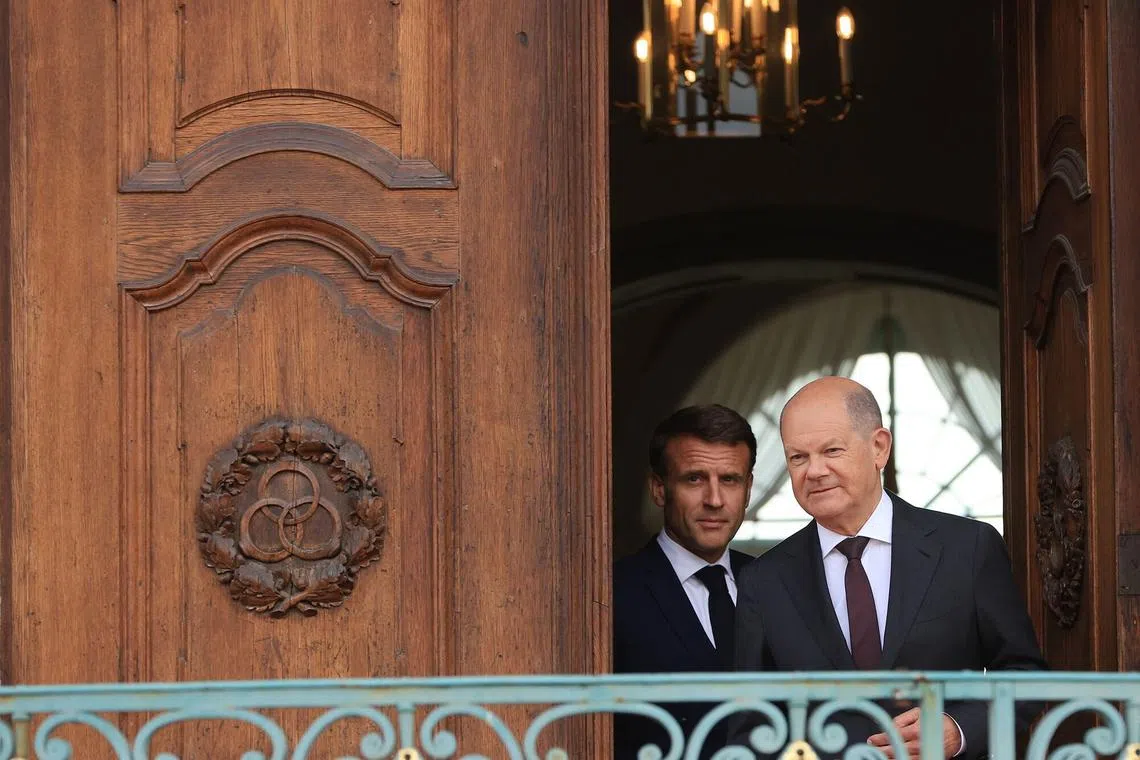Latest articles
Europe’s new balancing act: Searching for stability in an unstable world
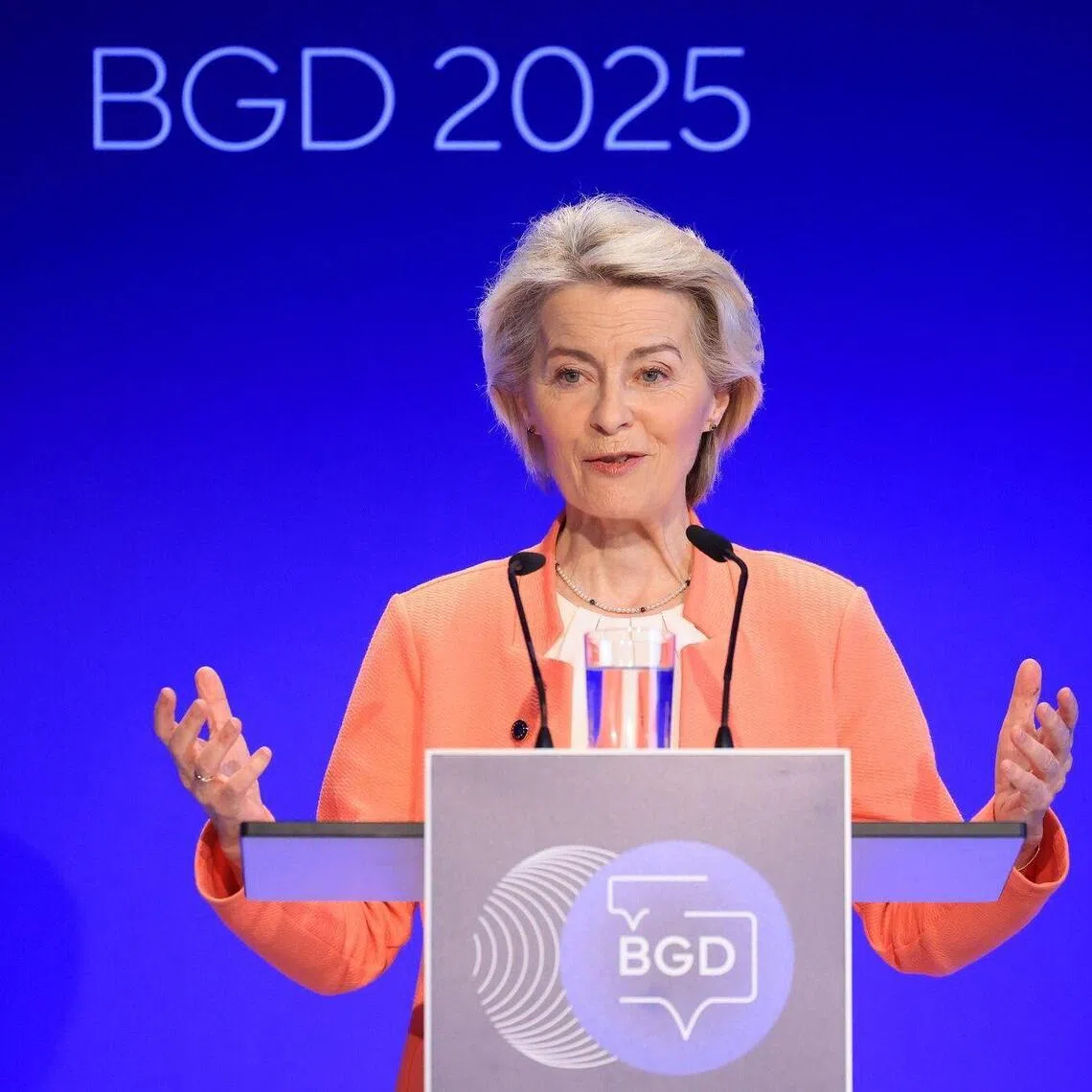
Trump’s meeting with Putin sends ripples far beyond Ukraine and Europe’s eastern flank
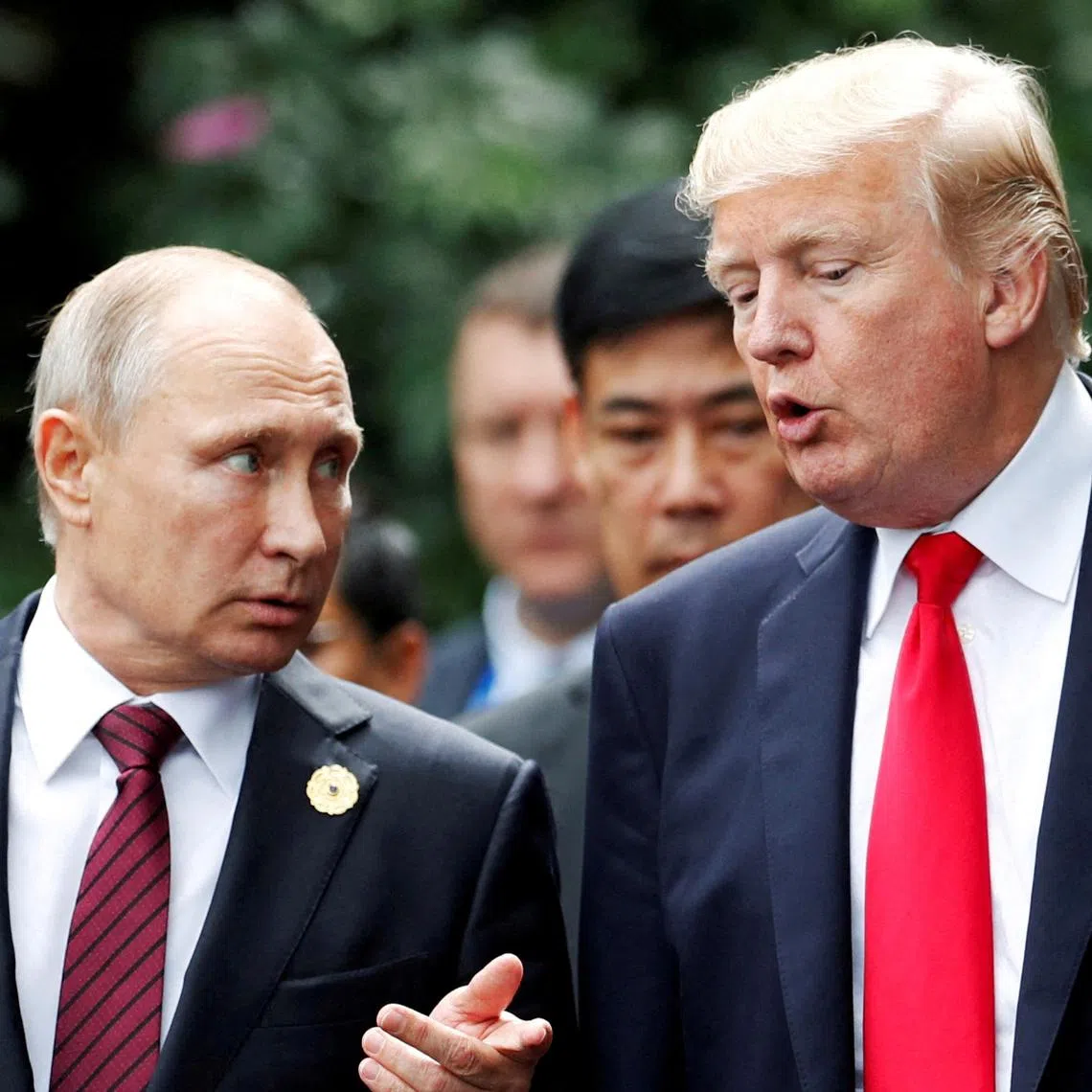
‘Made for Germany’: Is Chancellor Merz’s industrial push a mere rhetorical reset?
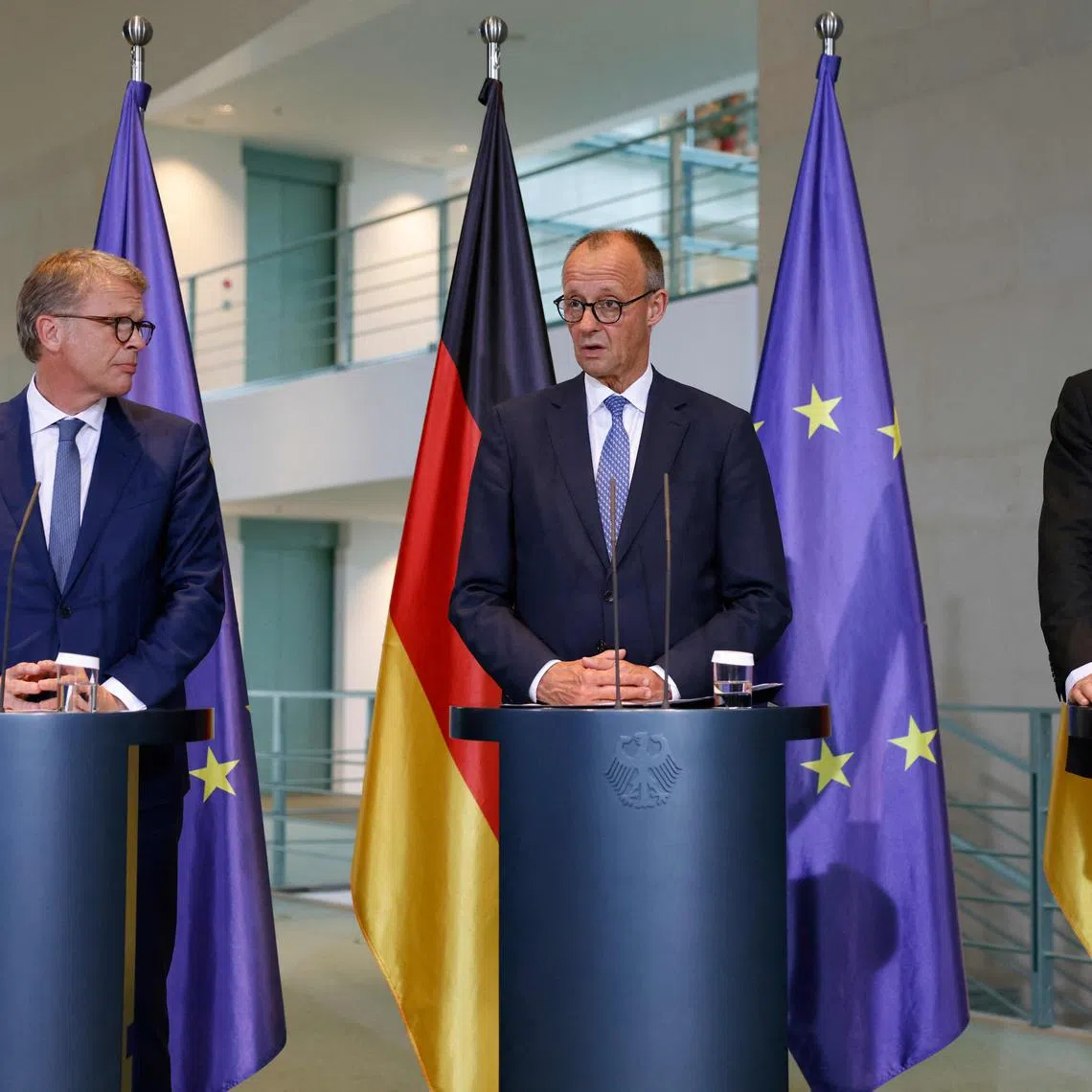
Conscription, once buried, returns to the debate at a turning point in Germany’s defence arrangement
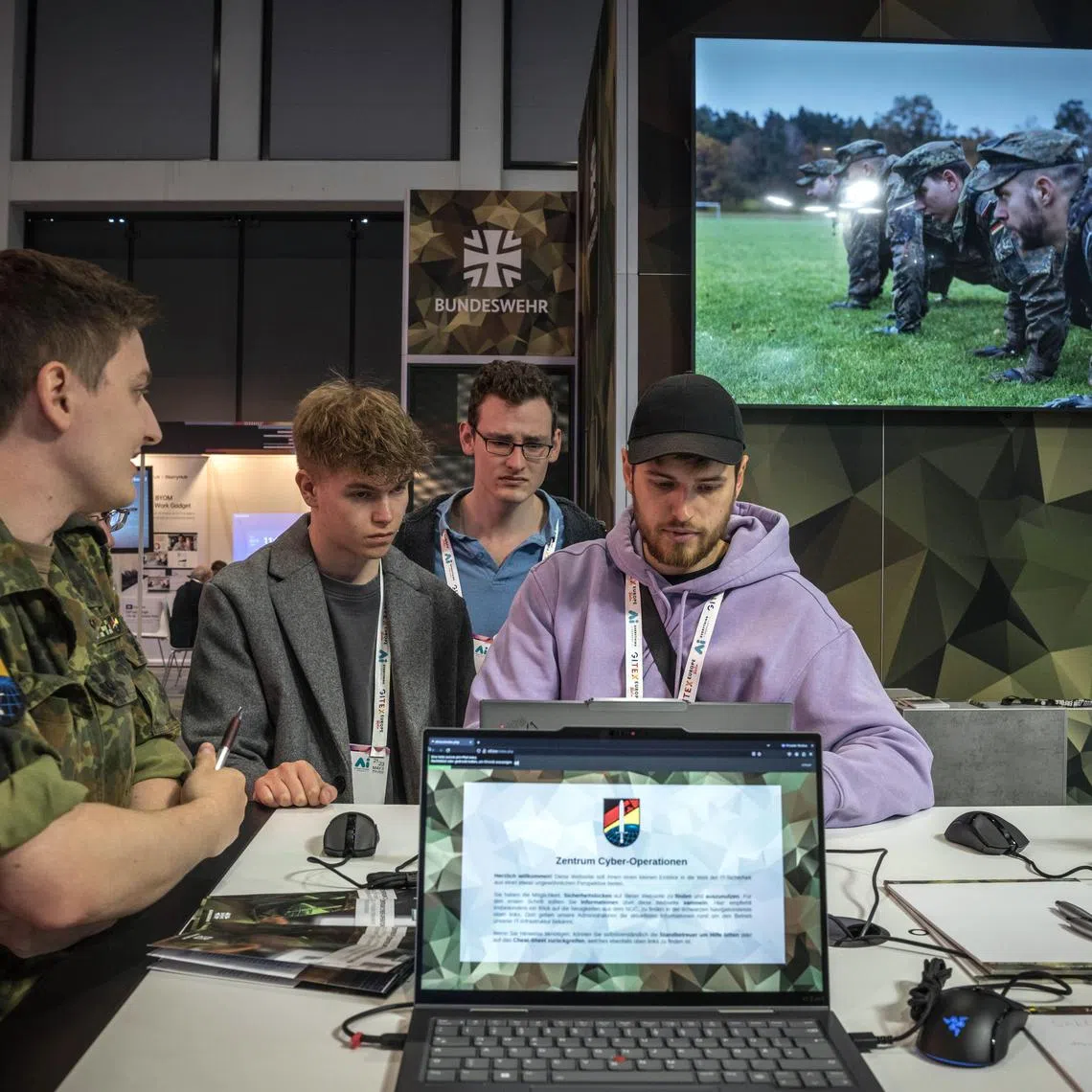
Pro-Trump nationalist Nawrocki wins Poland’s presidential election, rattling Europe’s unity
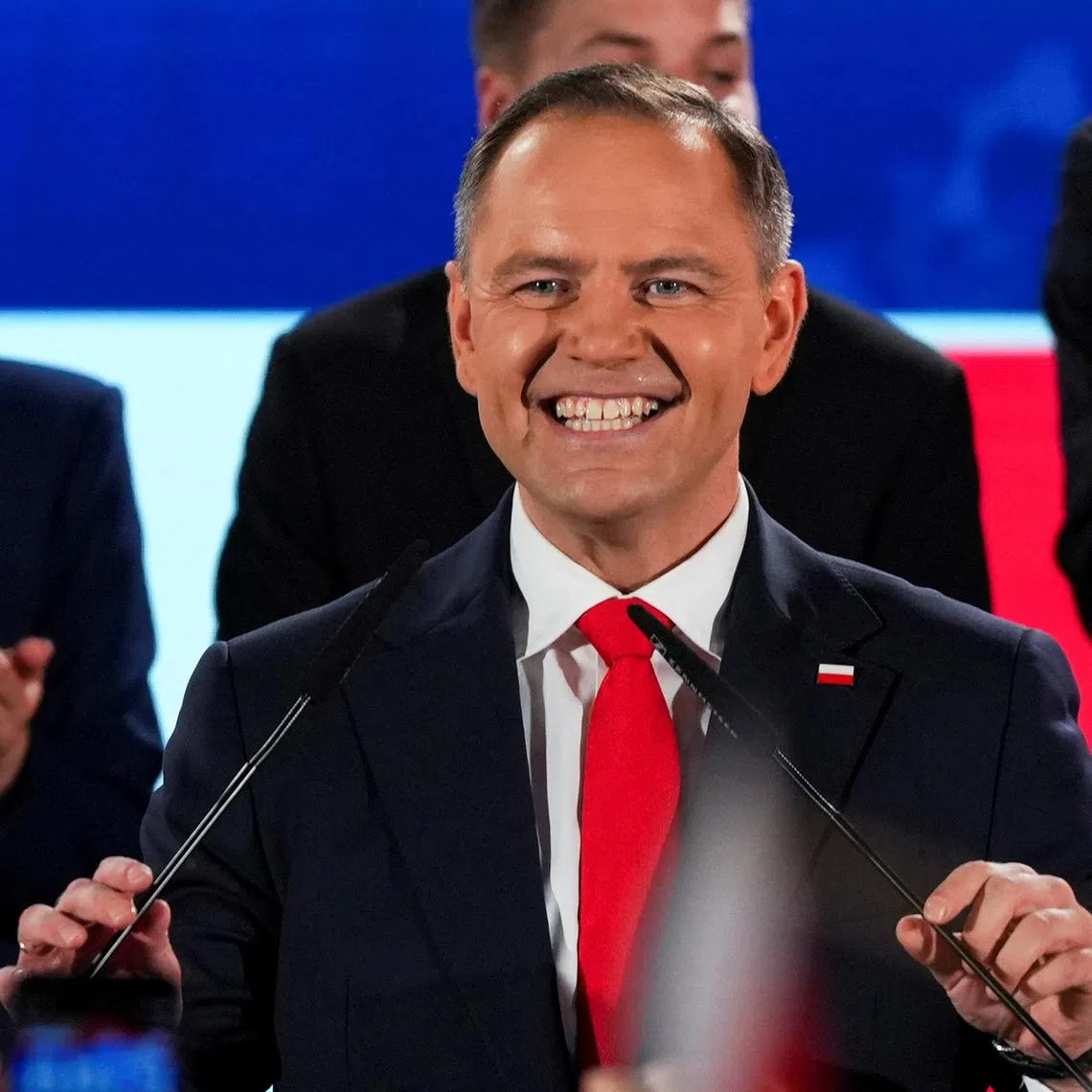
80 years after WWII in Europe: How Germany’s past shapes its present
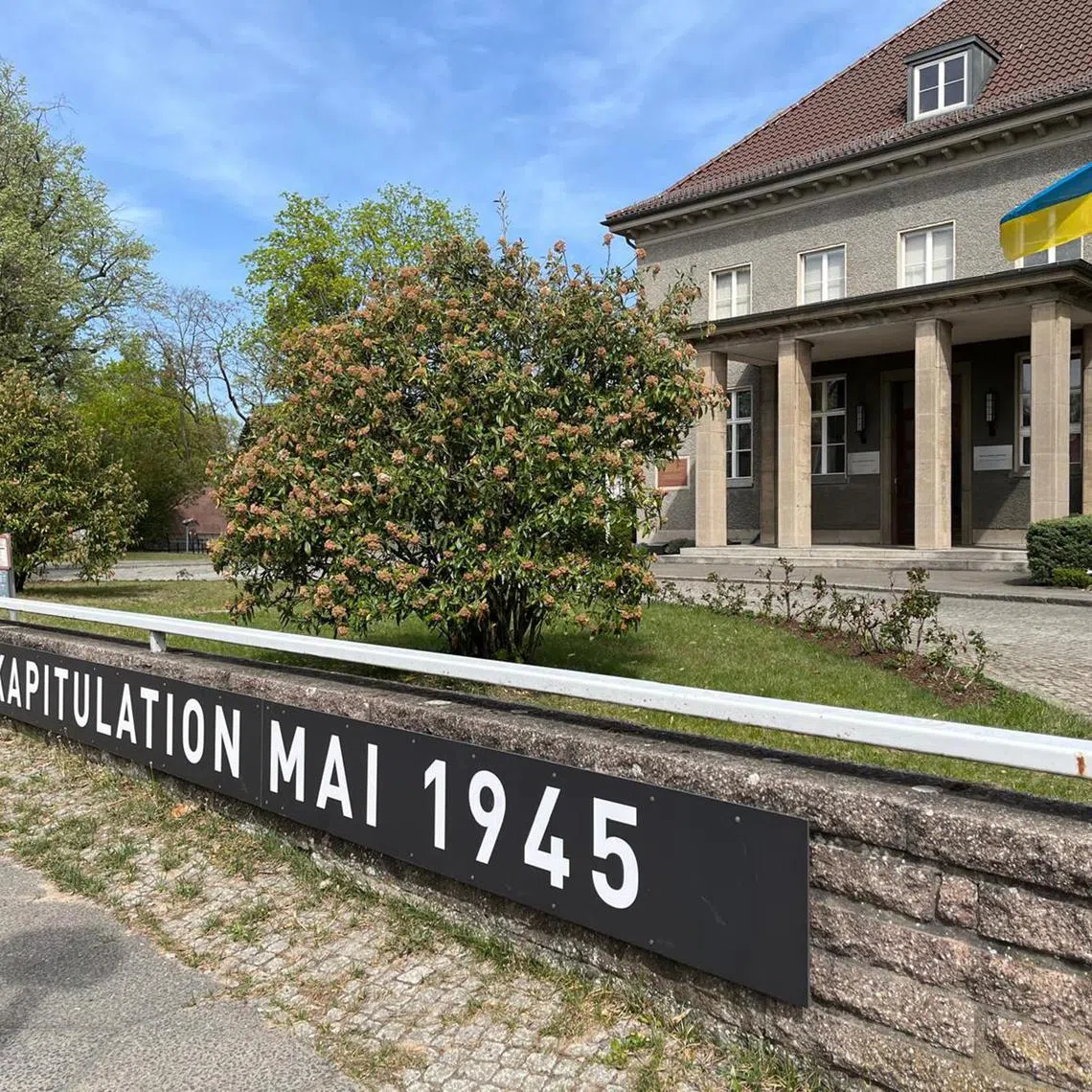
Once Germany’s protector, Washington is no longer its North Star
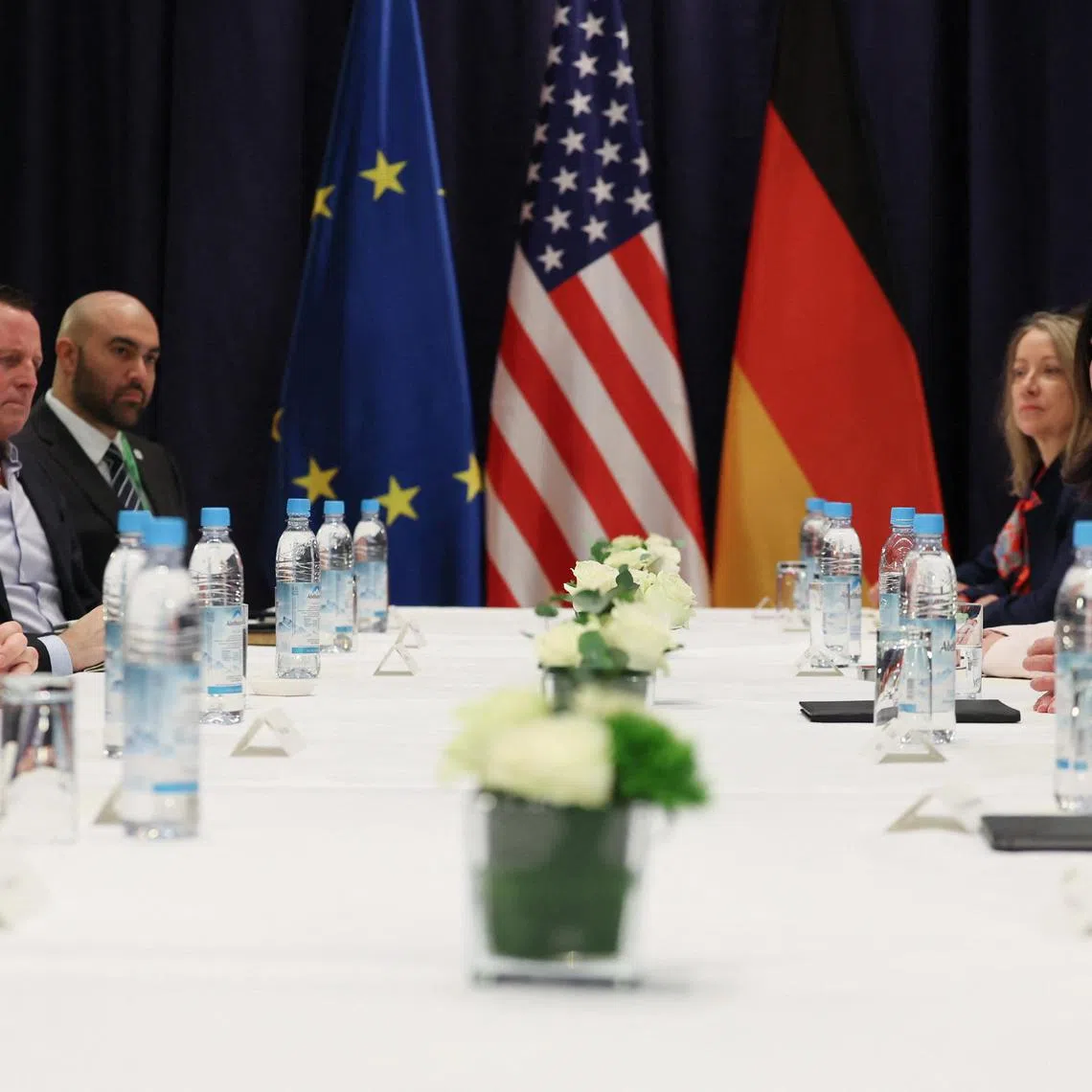
New chancellor, new policies, but will Germany see any real change?
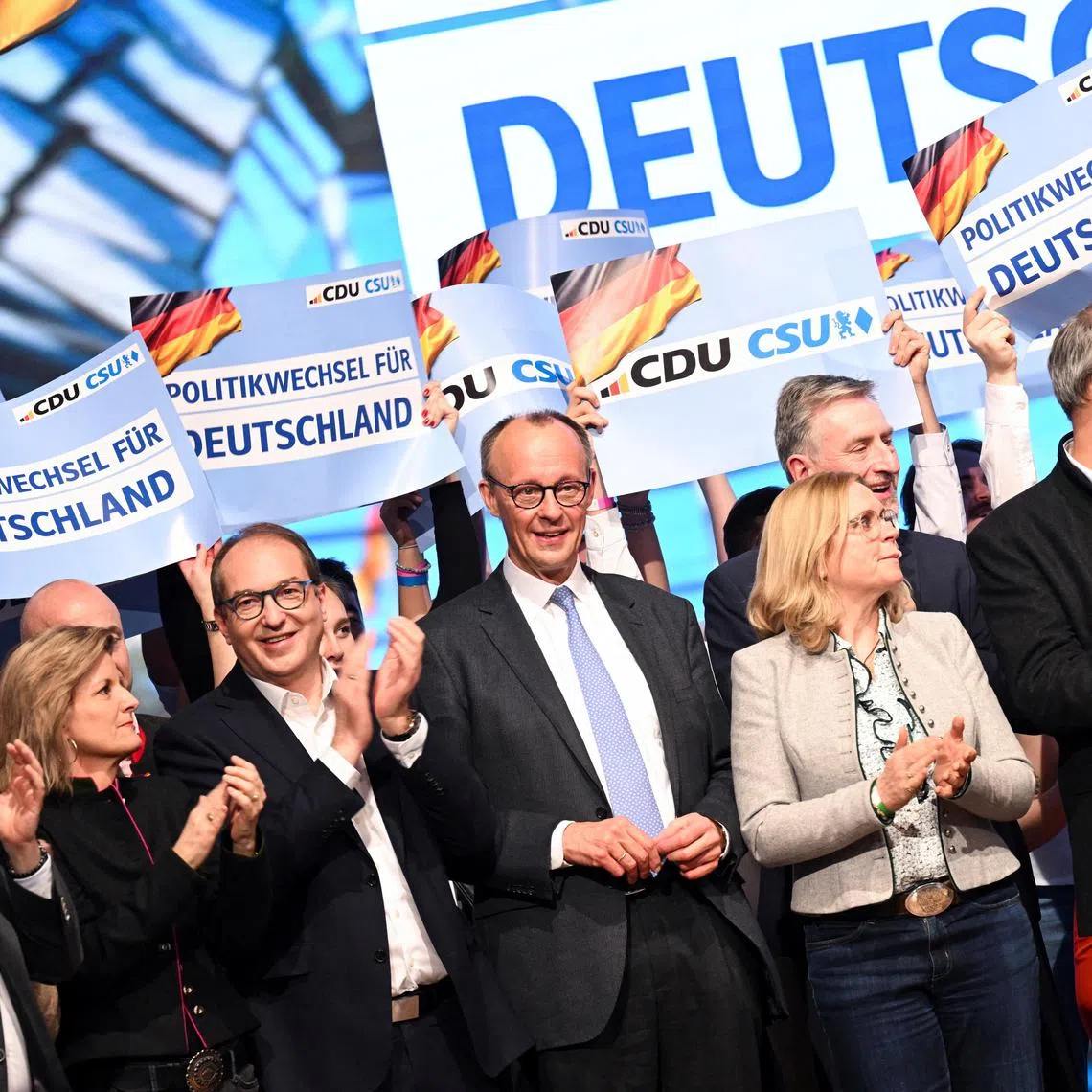
After sharp attack by V-P Vance, Munich summit attendees wonder if Europe can still trust US as ally
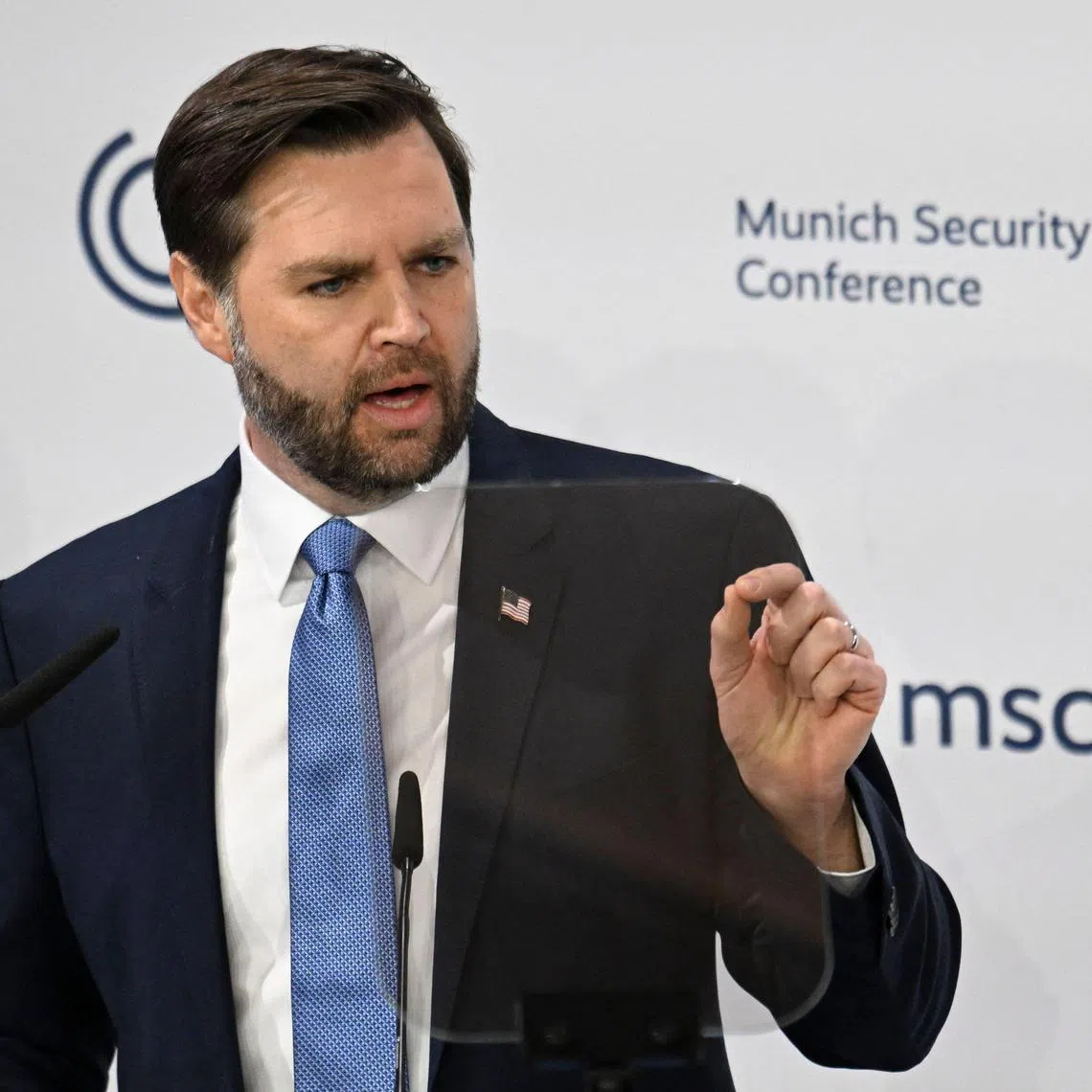
EU faces leadership void amid Germany’s political paralysis and France’s instability
